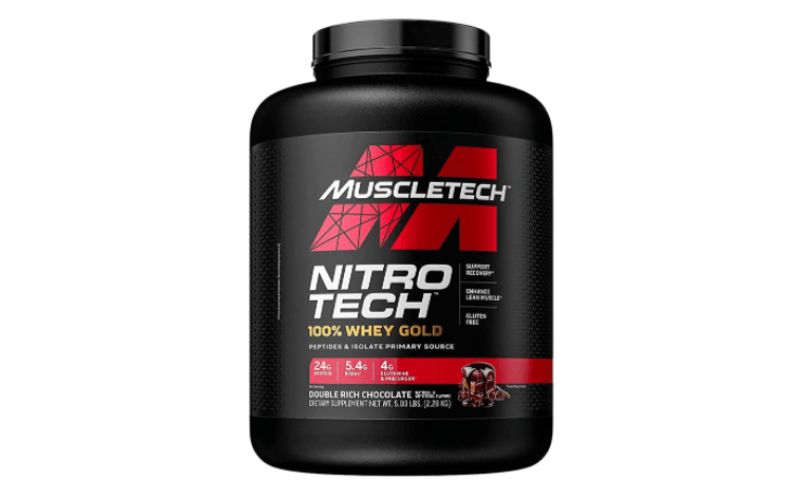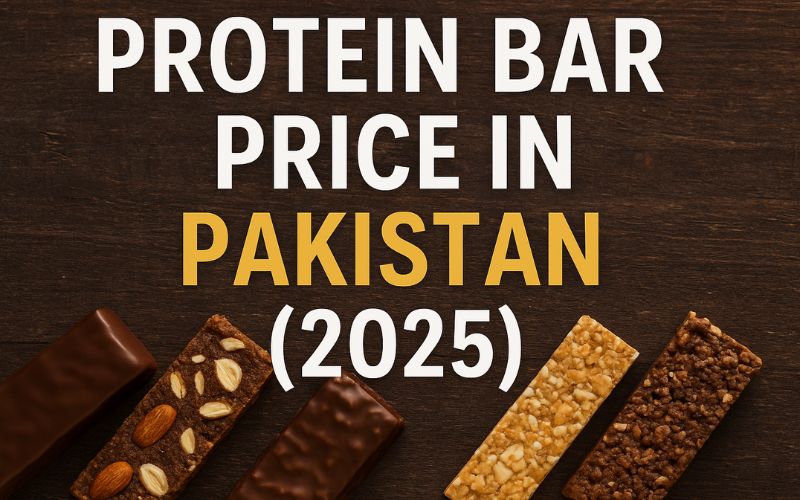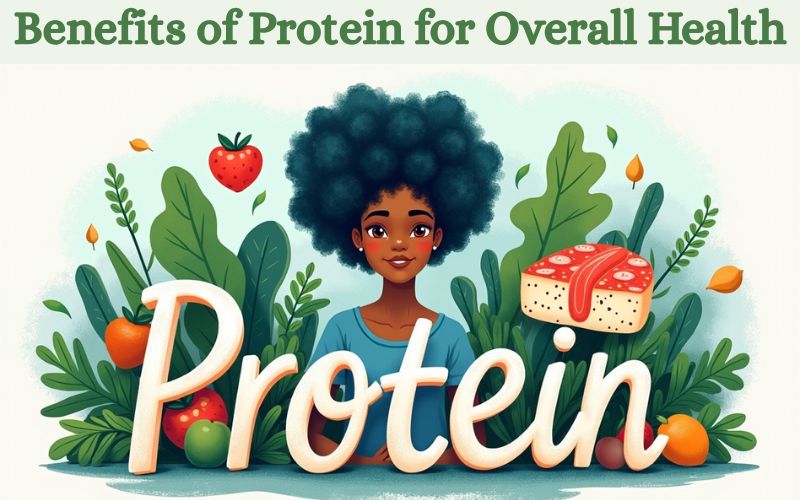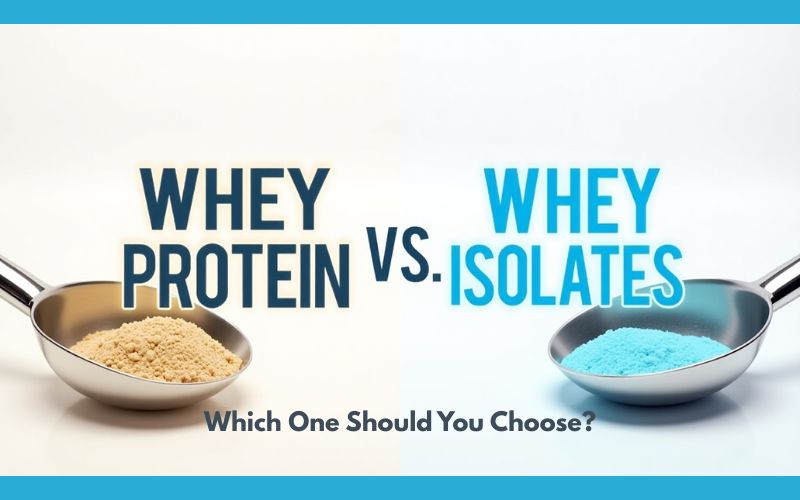When it comes to losing fat, there are countless strategies and supplements out there, but one that consistently stands out is whey protein. You’ve probably heard it mentioned in gyms, seen it in health stores, or even compared the latest whey protein price in Pakistan while searching for the best option online. With increasing awareness around fitness and nutrition, many people also check the updated whey protein Pakistan price to choose a high-quality supplement that fits both their goals and budget.
So, the real question is: can whey protein actually support fat loss, or is it just another hype product? Let’s break it down in a simple, practical, and relatable way so you can understand how it works and whether it’s worth adding to your routine.
Table of Contents
What is Whey Protein, Really?
Whey protein is a by-product of the cheese-making process. Imagine this: when milk is turned into cheese, there’s a liquid leftover—this is whey. That liquid gets processed and turned into the powdered protein you see in tubs at the store.
But whey isn’t just any protein—it’s a “complete” protein, meaning it contains all nine essential amino acids your body can’t make on its own. That makes it a powerhouse when it comes to nutrition.
There are a few types of whey protein you’ll run into:
- Whey Concentrate: This has a slightly lower protein content but still contains a lot of good stuff, like immune-boosting compounds.
- Whey Isolate: This is purer, with a higher protein content and fewer carbs and fats.
- Whey Hydrolysate: This type is pre-digested, which just means your body absorbs it faster.
Each type has its benefits, but for fat loss, all of them work similarly.
How Does Whey Protein Affect Your Metabolism?
Metabolism is that magical process that turns the food you eat into energy, and when you’re trying to lose fat, a revved-up metabolism is your best friend. Eating whey protein can give your metabolism a slight boost because of something called the thermic effect of food.
Basically, your body uses more energy (calories) to break down protein compared to fats or carbs. So, just by digesting whey protein, your body is burning more calories than it would with other foods.
On top of that, whey protein is rich in leucine, an amino acid that helps build and repair muscle. More muscle mass means your body burns more calories even at rest, which can help in the fat loss game.
Whey Protein and Appetite Control
If you’ve ever tried cutting calories, you know how hard it can be to stay full. That’s where whey protein can be a big help. It has been shown to keep you fuller for longer by interacting with hunger hormones like ghrelin. When you have less ghrelin floating around in your body, you feel less hungry. This is a huge win when you’re trying to lose weight, as staying full helps you avoid snacking or overeating.
Plus, whey protein digests relatively slowly, which means it gives you that feeling of fullness for a longer period of time compared to other quick-digesting foods. This can be a game-changer if you find yourself constantly battling hunger during your fat loss journey.
Why Preserving Muscle During Weight Loss is Key
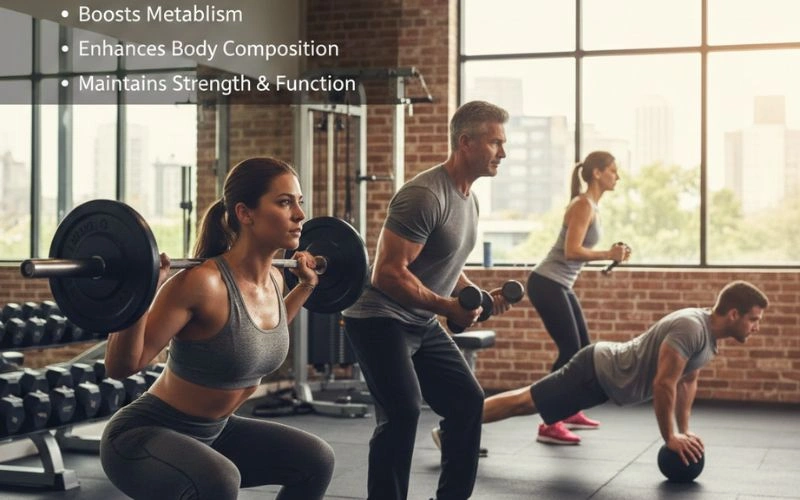
When you’re cutting calories to lose fat, it’s not just fat that your body might break down your muscles can take a hit too. Losing muscle is something you really want to avoid because muscle is what keeps your metabolism humming. That’s where whey protein really shines. It helps protect your muscles by providing them with the nutrients they need to stay strong, even when you’re eating fewer calories.
Maintaining muscle mass isn’t just about looking toned; it’s about keeping your body burning calories efficiently. The more muscle you have, the more calories you burn, even while you’re just lounging around.
The Thermogenic Power of Whey
Thermogenesis sounds like a fancy word, but it’s actually pretty straightforward—it’s just the process of heat production in your body. Whey protein has a slight thermogenic effect, which means that after you eat it, your body produces more heat, burning extra calories in the process. While this effect is subtle and won’t make you drop pounds overnight, every little bit counts when you’re working towards fat loss.
How to Use Whey Protein for Fat Loss
The key to using whey protein for fat loss is knowing how to integrate it into your diet wisely. Many people use whey protein as a meal replacement or as a snack to keep them full between meals. It’s super versatile—you can throw it in a shake, mix it into oatmeal, or even add it to baked goods.
But timing can also make a difference. Taking whey protein post-workout is a great way to help your muscles recover and grow, especially if you’re doing strength training as part of your fat loss program.
It’s important to remember that whey protein isn’t a magic bullet. You’ll still need to create a calorie deficit (burn more calories than you consume) to lose fat. But whey can make it easier by keeping you full, preserving your muscle mass, and giving your metabolism a slight boost.
How Much Whey Protein Should You Take Per Day for Fat Loss?

When it comes to how much whey protein you should take per day for fat loss, the general recommendation is around 20 to 30 grams per serving, typically 1 to 2 times per day, depending on your overall protein needs.
For most people, a total daily intake of about 1.6 to 2.2 grams of protein per kilogram of body weight supports fat loss while preserving muscle. This includes not only whey protein but also protein from other dietary sources. If you’re highly active or engaging in strength training, you may need to aim for the higher end of this range.
It’s important to integrate whey protein into a balanced diet rather than relying on it solely. Always consult a nutritionist or healthcare professional to tailor your intake to your specific needs.
Are There Any Drawbacks?
While whey protein is generally safe, there are a few things to keep in mind.
- If you’re lactose intolerant, some forms of whey (like whey concentrate) could cause digestive discomfort. In that case, you might want to stick with whey isolate, which has most of the lactose removed.
- Additionally, consuming too much protein over time, especially if you’re not balancing it with other nutrients, can strain your kidneys. So, as with anything, moderation is key.
- Consulting with a nutritionist or healthcare provider before making whey protein a major part of your diet is always a smart idea, especially if you have any pre-existing health conditions.
Conclusion
So, does whey protein help with fat loss? Absolutely but it’s not a miracle supplement. It works by helping you feel fuller, supporting muscle maintenance, boosting your metabolism a little, and making it easier to stick to your calorie goals. When used correctly, alongside a healthy diet and exercise, whey protein can definitely be an effective tool in your fat loss toolkit.















